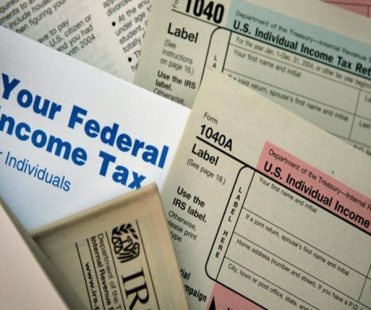New Small Business? 5 Things to Know About Federal Income Taxes
New Small Business? 5 Things to Know About Federal Income Taxes
You’ve just started a business and are already earning some good profits. That’s great! But don’t forget your tax obligations. Here are some important tips about federal taxes and write-offs if you don’t already know them.
Business Structure Dictates Taxes Owed
If you’re a sole proprietor, you can report your income as you would on a job. You’ll also need to file a Schedule C to record your revenue and expenses. And if you own a C corporation, you’ll be subject to double taxation. This simply means that you’ll have to pay taxes at both the corporate and personal level.
Best to Pay Quarterly
Unlike people who receive paychecks on jobs, taxes are not taken out automatically for businesses. That’s why it behooves you to pay a specific amount each quarter so you’re not penalized at the end of the year. At present, you will owe a penalty if you haven’t paid 90 percent of your taxes by April 15.
You Can Deduct Many Expenses
When you run your own business, you can deduct a number of expenses, including inventory or raw materials, supplies, advertising, postage, utilities, depreciation, employee wages, most types of insurance, rent, repairs and even entertainment and meals.
Take Advantage of Home Office Deduction
If your run your company from your home or apartment, you can deduct the room you use for an office as an expense. The amount you can deduct is based on the square footage of the room as a percentage of your entire house’s square footage. Deduct that same percentage from your rent or mortgage. See IRS Publication 530 for specific details on home deductions.
You Must Pay Self-Employment Taxes
Again, most people have Social Security and Medicare expenses deducted from their paychecks as they do specific taxes. As a business owner, you must file Schedule SE to determine your total self-employment tax liability.
